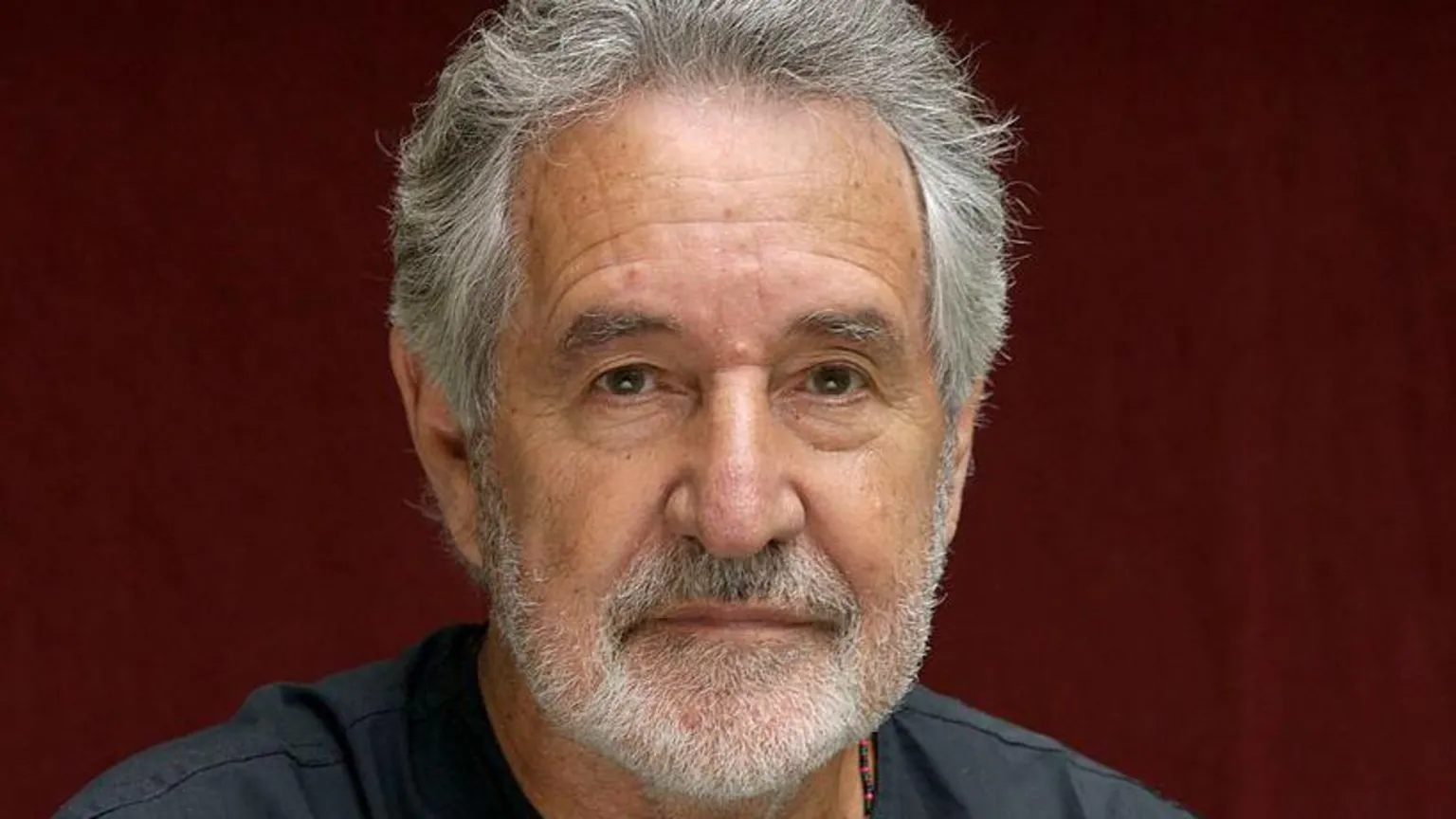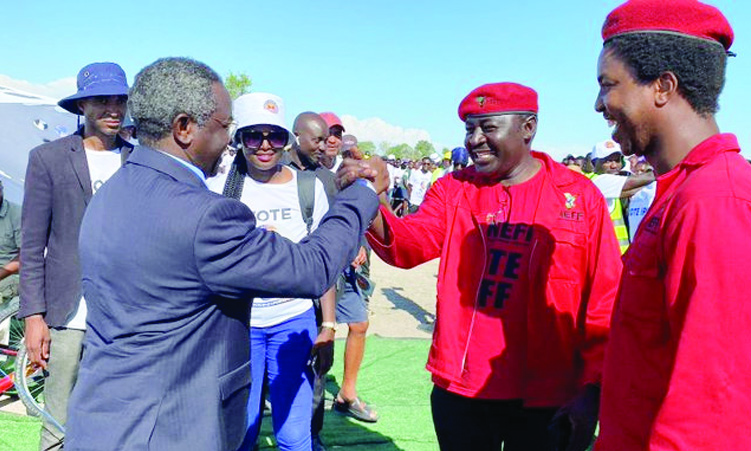The Ministry of Mines and Energy has electrified 50 500 rural houses since independence by the end of 2023.
This was done under the ministry’s rural electrification programme.
Ministry spokesperson Ten Hasheela says the programme’s primary objective is to provide rural communities and public institutions access to electricity.
“This is to improve rural standard of living, increase economic and commercial activities in rural areas, thereby reducing unemployment trend through job creation, improve the quality of health and educational services, combat adverse environmental practices and reduce urban immigration as outlined in the fifth National Development Plan and the second Harambee Prosperity Plan,” she says.
Hasheela says the rural electrification programme targets only rural communities and non-electrified public institutions.
Rural areas are selected annually from priority lists to be considered for electrification.
Hasheela says by the end of last year, over 2 167 public institutions in rural areas were electrified since independence.
The ministry also introduced a peri-urban electrification drive, focusing on electrifying households in informal settlements, in the 2023/24 financial year.
In terms of peri-urban electrification, a total of 708 households throughout the country and one school in the Kavango East region have benefited.
Meanwhile, Hasheela said the ministry also has a Solar Revolving Fund (SRF) to promote and increase rural electrification through the use of renewable energy systems.
Technologies financed through the SRF include solar home systems, photovoltaic pumps and solar water heaters.
The primary target of the fund is to finance solar home systems with up to N$60 000.
Furthermore, photovoltaic pumps were introduced due to farming water demand and is funded with N$60 000, as well as solar water heaters for urban and rural residents, with a funding limit of N$35 000.
Hasheela says the project has been successful to date, with a lot of solar beneficiaries with access to renewable energy – not just for consumption, but also to protect the environment, enhance the security of energy supply and establish a more sustainable energy policy.
“The purpose is to stimulate the economy through renewable energy in areas not covered by grid electrification,” she says.
The project provides training to an accredited renewable energy service provider, enables the registration and certification of solar installers and the standards developed for technicians working on solar home systems, solar water heaters and PV pumps through the Namibia Energy Institute.
It has been assisting consumers by funding renewable energy technologies.
In 2023 the mines ministry and the Northern Regional Electricity Distributor (Nored) collaborated to promote rural electrification by the extension of grid connections in the Nored operational area.
Stay informed with The Namibian – your source for credible journalism. Get in-depth reporting and opinions for
only N$85 a month. Invest in journalism, invest in democracy –
Subscribe Now!






